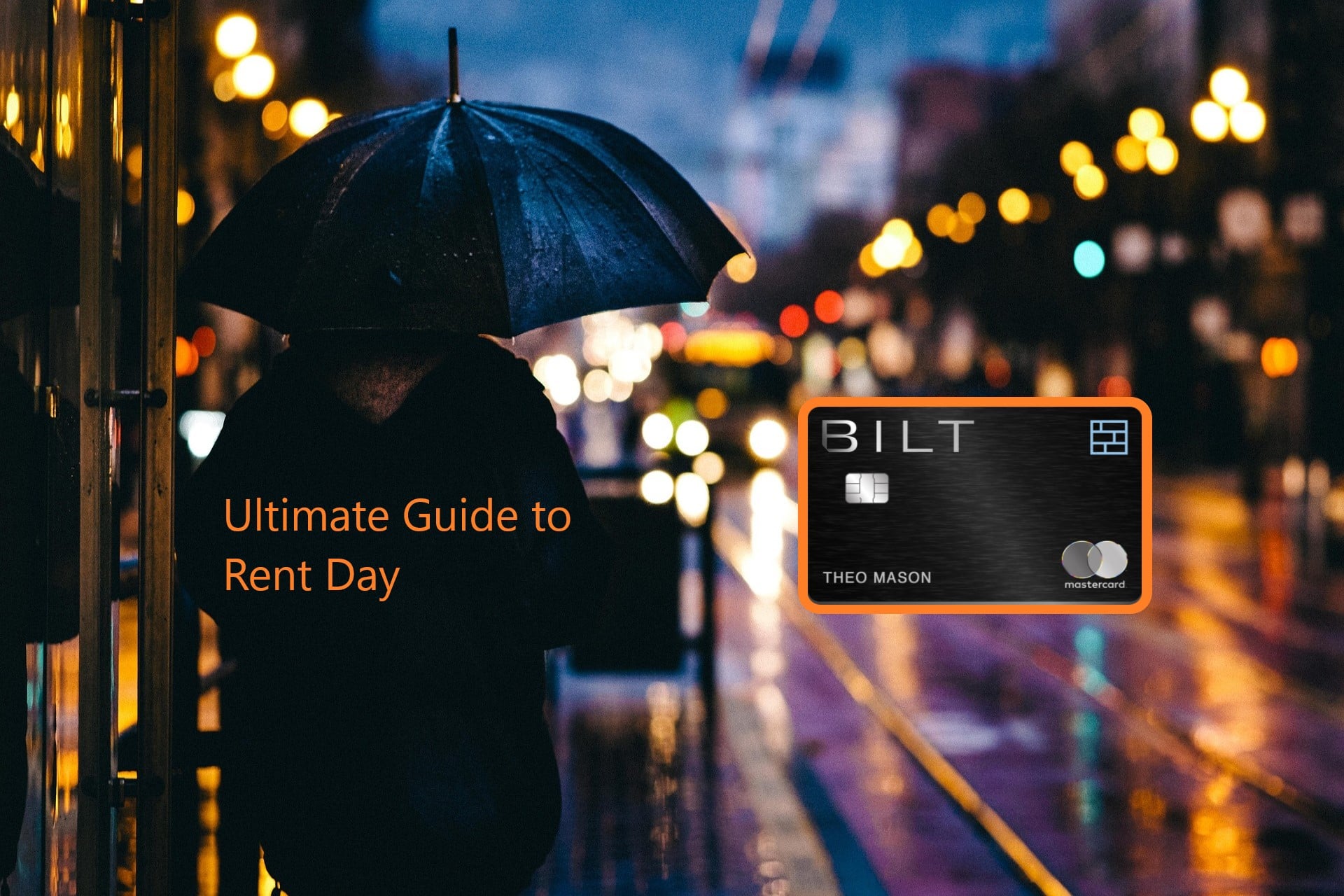Parents who are looking to teach their kids about money may ask themselves what is the better tool to use. A credit card or a debit card? Let’s take a deep dive into the pros and cons of debit vs credit education for the youth. Here’s what you need to know.
Pros & Cons of Debit vs Credit Education for Kids
According to a Forbes Advisor survey from February 2023, Debit cards and credit cards are the primary payment method used among Americans. Over three-quarters of Americans (85%) surveyed use physical or virtual cards to make payments. This includes 54% of consumers who use debit cards, 32% who use credit cards, and 4% who use virtual cards. It only makes sense that we should teach our children a thing or two about the responsibilities of using credit cards and debit cards. The survey pointed out only 9% of Americans choose cash as their primary form of payment.
As cash dies out as the preferred payment method, choosing to teach kids financial responsibility will only benefit their future spending habits and finances. You may find a need to educate children on card payments, as many schools are switching over to card payments for school activities like sporting event tickets and more. The change comes partly because card payments offer more security as opposed to cash which can easily get lost or stolen. Cards on the other hand can at least be locked and replaced.
Credit Card Major Differences
A credit card differs from a debit card in that the payments are essentially loans from a bank that you as a cardholder must pay back – if a purchase is made – at the closing of a billing period. If the total balance is paid in whole, then your credit card balance accrues interest over time until the debt is fully paid off.
To apply and qualify for a credit card account you also must be 18 years of age. However, some credit card issuers allow kids to be added as authorized users to an existing account. If interested in getting your kid set up as an authorized user, contact your credit card issuer for information on their age restrictions.
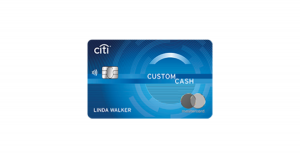 |
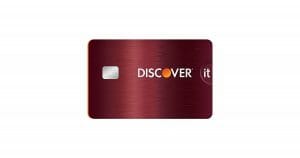 |
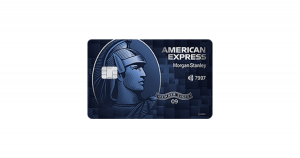 |
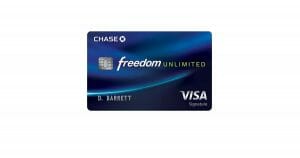 |
| Citi Custom Cash℠ Card | Discover it® Cash Back | Blue Cash Preferred® Card from American Express | Chase Freedom Unlimited |
| Citibank has no minimum age requirement for authorized users even on their cash back earning credit cards. | Discover allows a primary cardmember to add an authorized user 15 and older to their credit card account. | The minimum age requirement for authorized users of Amex credit cards is 13 years and they do report credit to the bureaus. | There is no set minimum age requirement, however it is up to Chase to approve or deny the authorized user request. |
Pros of Credit Cards for Kids
Credit cards in general have many positives (if used responsibly). The good news is you don’t have to worry about your kid opening an account on their own without you knowing. Credit card issuers have an age restriction of 18 for applicants. If parents want to get their kids a credit card, they can add them as authorized users on an existing credit card account.
Consider that not all card issuers give the option of adding an authorized user. And if they do, then consider there may also be an age restriction for whomever you choose to add. To confirm authorized user age restrictions, reach out to your card issuer if you are interested in adding your kids to your existing credit card account. There are credit card issuers with no age restrictions like Citibank credit cards.
Building Positive Credit History for Your Kids
One of the major differences between debit cards and credit cards is credit reporting. Adding your child to an existing credit card account may impact their credit score. Some credit card issuers will report to the credit bureaus regardless of whether the authorized user is a minor or not.
For that reason, it may be a good idea to add your child as an authorized user to your oldest credit card account. This way, you can affect your child’s credit for the better, but only if you plan on making on-time payments and never carrying a balance. A good credit score is built through reliable credit history and credit utilization. Why not let your kids piggyback off your good credit history to open future doors for their finances?
A good credit score may help your kids:
- Secure a job
- Get lower interest rates on loans
- In time, they can secure a suitable credit card of their own
Cons of Credit Cards for Kids
If it isn’t obvious already, the dangers of your child going on a major shopping spree and sending your credit utilization ratio through the roof are a possibility. You must be 100% positive you have taught your child the discipline necessary to manage a credit card responsibly. Teach your child about limits to avoid having to carry a balance on an accidental major purchase and to avoid paying interest. Make sure to regularly supervise your child’s spending via the card issuer’s website account or apps. Don’t forget to set alerts for all transactions.
Fun Fact: Only American Express allows primary cardholders to set spending limits for authorized users on all its consumer cards.
What About Debit Cards for Kids?
Debit cards may be an easier and more accessible option to provide your child if you want them to start gaining some experience with card payments. A prepaid card may also be a good option to give to your child. The downside prepaid cards may have fees and they may have limited options to monitor spending.
| PayPal Prepaid Mastercard® | Bluebird® by American Express Prepaid Card | American Express Serve® | |
|---|---|---|---|
| Best feature | The card features easy loading and reloading, a helpful mobile app, and some fees to consider. | Send and receive money, link your debit card to your Account, and add funds via direct deposit. | Access and manage your account on the go via your phone. |
| Reload fee | Up to $4.95 | $3.95 ($3.75 at Walmart) | $0 in network, $3.95 out of network |
| Fee-free ATM network | 37,000+ (MoneyPass®) | 37,000+ (MoneyPass®) | 37,000+ (MoneyPass®) |
However, prepaid cards will automatically have a set spending limit depending on how much you as a parent pre-load onto it. An easy feature to use if you are handing the card over to a child. Another positive is you can easily purchase a prepaid card almost anywhere in stores or online.
| Prepaid Card | Debit Card |
|---|---|
| Preloaded with funds | Connected to checking account |
| Must be reloaded | Funds replenish with direct deposits |
| No overdraft | Overdraft available |
Pros of Debit Cards for Kids
Accessibility is the biggest pro because, unlike credit cards, debit cards almost never have an age restriction, which makes them an easy choice if you want to get one for your kid. As a parent, you will also get access to banking via the debit card and will have the ease to access your kids’ debit account whenever necessary.
There are also kid-centric debit cards that may offer special features for assigning things like paid chores and allowances. A debit card also has more of a physical cash feeling which can make it easier to visualize limits to funds. Therefore, helping your children and maybe motivating them to budget their money accordingly.
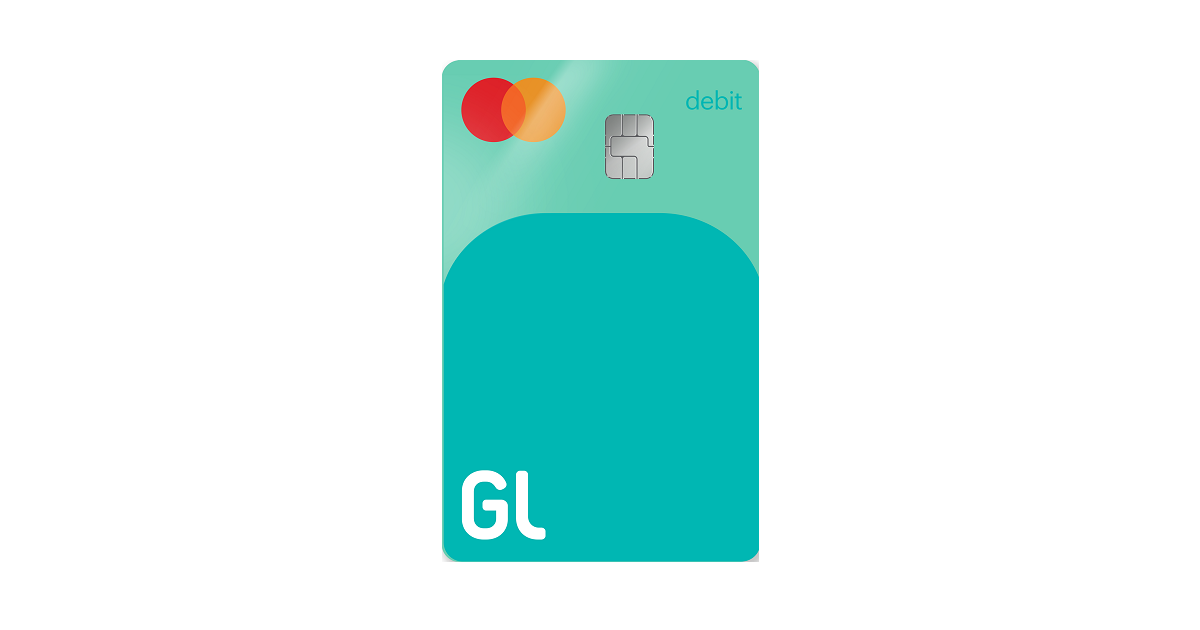 Greenlight |
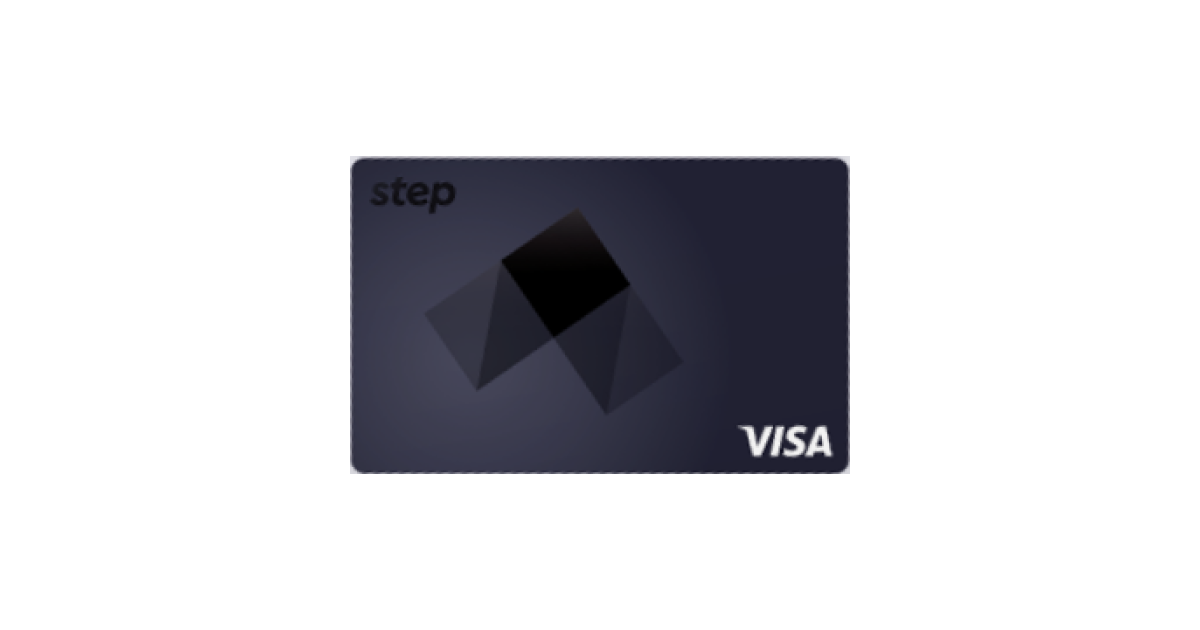 Step |
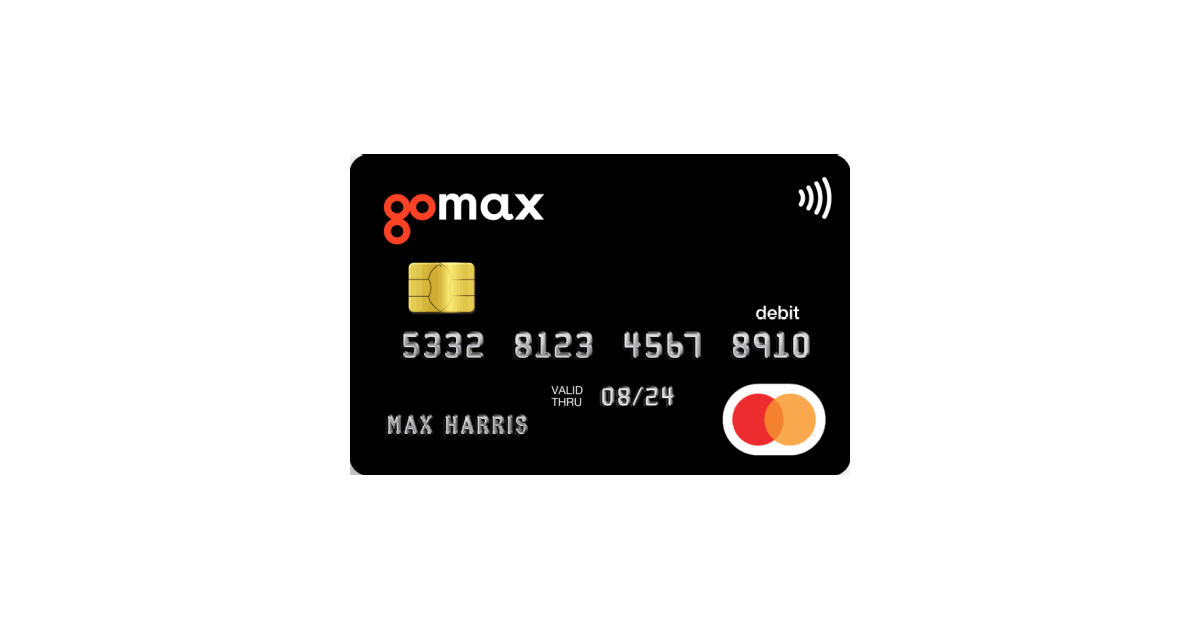 GoHenry |
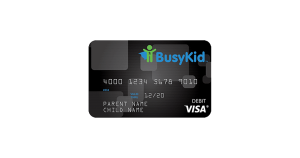 BusyKid |
| Potential for kids and teens earn money through chores. | A Visa debit card for teens with cash back or crypto. | A debit card for kids and teens with flexible parental controls. | A prepaid Visa debit card that works with the BusyKid mobile app. |
| Kids and teens can set savings goals, spend wisely, and invest. | Making purchases and payments helps build credit as it reports to the three main credit bureaus. | Real-time updates via the app to know your children's spending habits. | Includes cool tools for kids for investments, charitable donations, and more. |
Related Article: The Best Allowance Apps for Kids
Cons of Debit Cards for Kids
In addition, debit cards pose no worries about accruing interest, but you should be mindful of things like overdraft fees. It would probably be best that your child’s debit card is not directly connected to the parents checking account for this reason. Credit cards have superior protections.
In contrast, debit cards have some protections that will aid with fraud or lost credit cards. However, these protections may be limited from the time the fraudulent purchase is made. Debit cards also do not have any effect on your child’s future finances as they don’t provide credit reporting.
| Walmart MoneyCard® | Current Debit Visa Card | GO2bank Visa® Debit Card | |
|---|---|---|---|
| Why we like it: | The Walmart MoneyCard® is a debit card from Walmart that offers cash back rewards on select purchases, access to a full selection of checking and savings features, and more. | The Current Debit Visa Card for teens provides teenagers with the financial freedom of a Visa debit card and parents the total security of account controls, and more. | The GO2bank high-yield account and Visa® Debit Card provide the ideal platform for building savings and offering a headache-free banking experience – all with no hidden fees. |
The Bottom Line
When the time comes, you as a parent should teach your kids about money and financial responsibility. Teaching kids about finances will only set them up for success for a better future. Whether you choose to teach them with a debit or credit card is up to you. Choose wisely and understand one is not better than the other, it just depends on what your current needs are for your kids’ learning style.
Related Article: Family Finances – 5 Lessons to Teach Your Kids About Credit Cards
Featured image by kate_sept2004/Getty Images Signature
Editorial Disclosure – The opinions expressed on BestCards.com's reviews, articles, and all other content on or relating to the website are solely those of the content’s author(s). These opinions do not reflect those of any card issuer or financial institution, and editorial content on our site has not been reviewed or approved by these entities unless noted otherwise. Further, BestCards.com lists credit card offers that are frequently updated with information believed to be accurate to the best of our team's knowledge. However, please review the information provided directly by the credit card issuer or related financial institution for full details.

